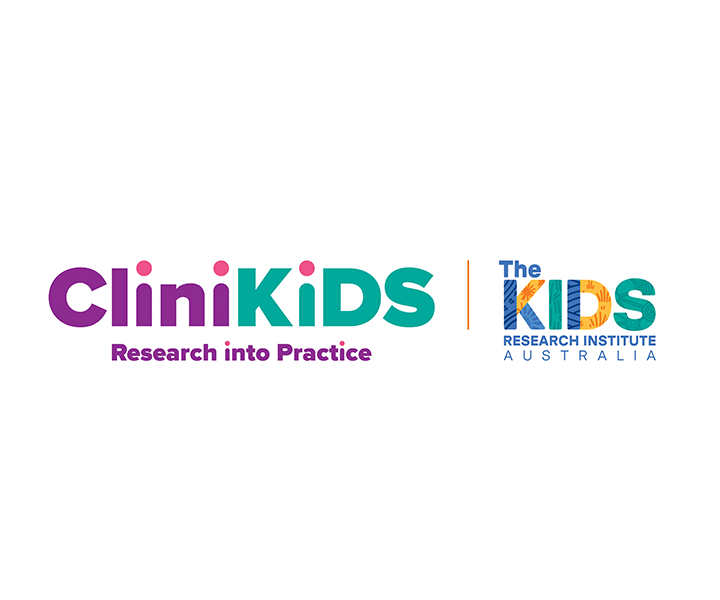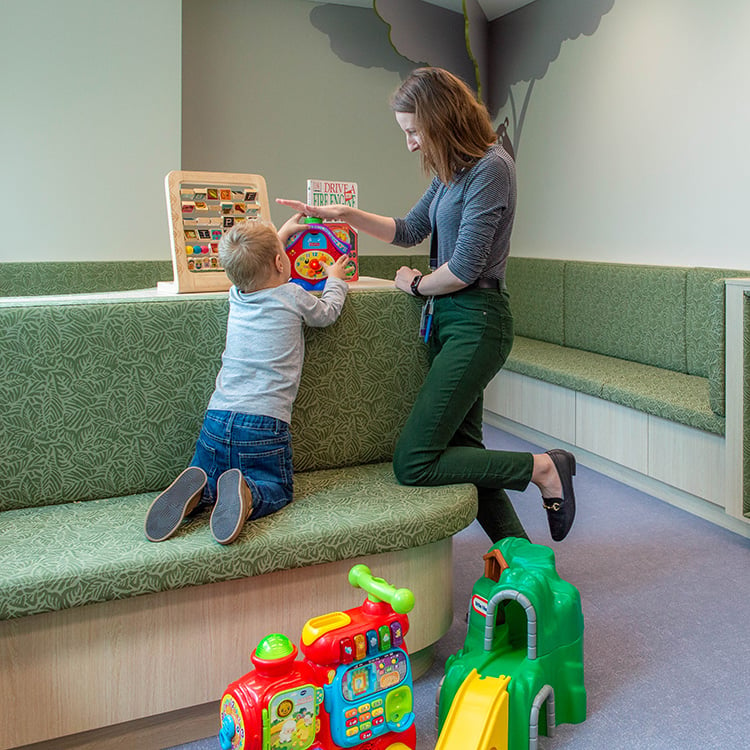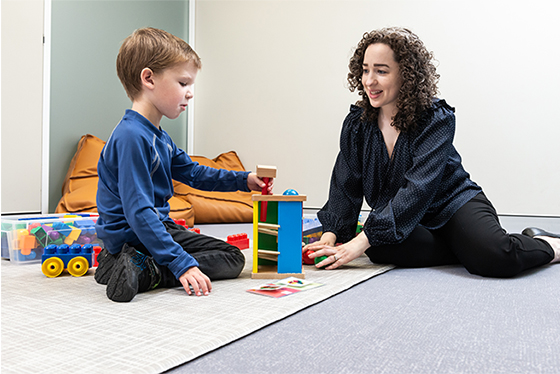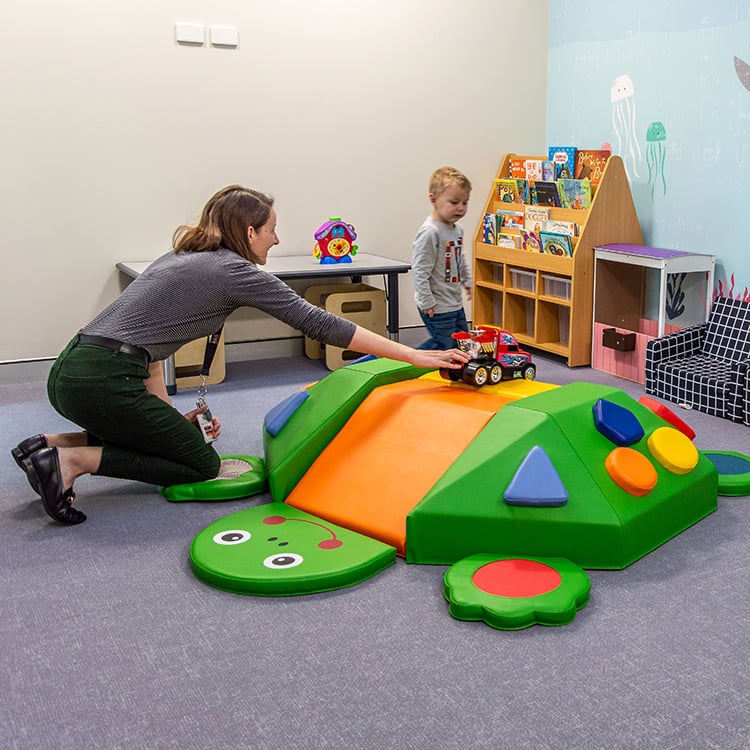Search

CliniKids is the first clinical service of The Kids Research Institute Australia, providing autism therapies and supports for young children.


CliniKids provides therapy support and individualised programs to help children and families to reach their full potential.

The ESDM aims to promote a child’s development across all domains, including language, joint attention, imitation, cognition, play and social skills, and fine and gross motor skills.

At CliniKids, the JASPER approach is for preschool and school-aged children who have differences in play and social communication skills.

Find out how to access services at CliniKids.

Find out about the range of Focused Therapy programs on offer at CliniKids.
Learn more about the SenseVest Study at CliniKids

News & Events
Communicate your wayTo kick off Speech Pathology Week 2024, we asked our clients, their families and the community to share the different ways they communicate. Senior Speech Pathologist Sally Grauaug compiled their ideas and feedback into this blog.

News & Events
Learning to brush teeth independentlyIn this blog, Curtin University Occupational Therapy student Emily Mower shares some tips to help your child successfully brush their teeth.
